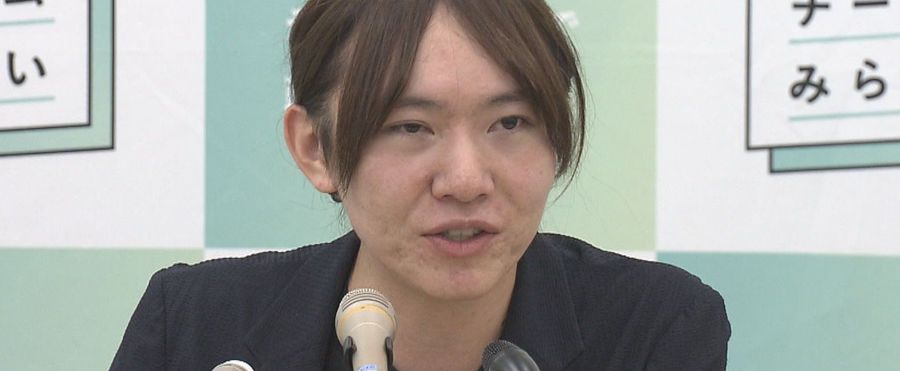Opposition leader Yasuno is initiating a campaign to make political funding more transparent, as part of their agenda to instill better governance. The bid, spurred by recurring issues regarding financial scandals in political circles, is branded as a move to restore public trust and integrity within the political system. The campaign, however, is sure to trigger heated debates as it brings potent questions of political accountability, monetary influence, and corruption allegations to the fore.
In Japan, issues about political funding, particularly concerns over ambiguity and potential misuse, are significant. Financial scandals have made headlines before, affecting public trust in the political bureaucracy. As a country focusing on integrity and conformity, these allegations are often met with widespread public criticism. Thus, Yasuno's move reflects an urgent sentiment towards addressing systemic issues of transparency.
Just like in the U.S. or the EU, the question of transparent political funding is crucial. It underlines public demand for accountability and transparency as a cornerstone of democracy. However, different regions may deal with this issue differently, depending on their legal, political, and cultural context.

